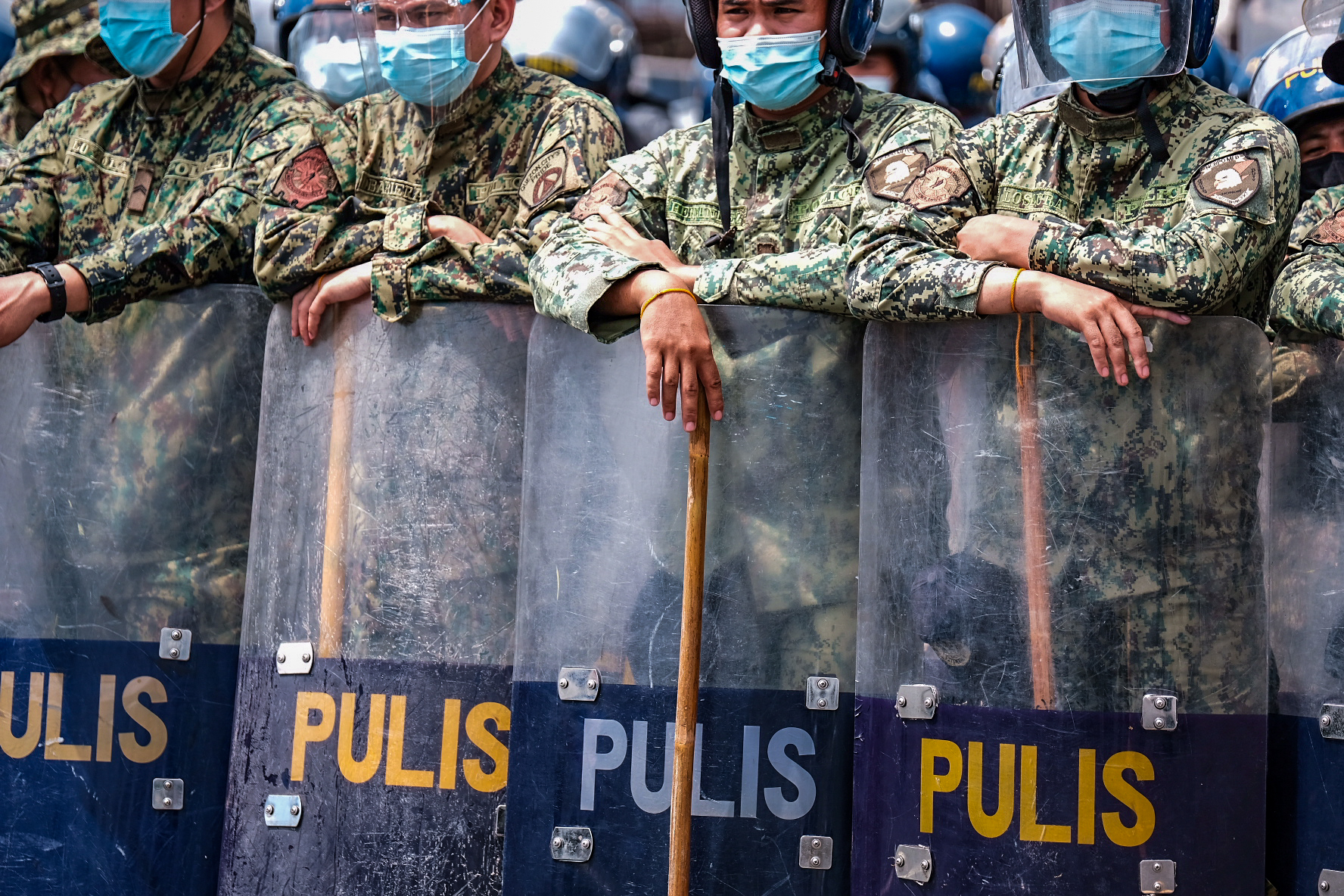At the Drug Policy and Law Reform Summit that took place from July 10 to 12, 2024, in Manila, the Dangerous Drugs Board (DDB) declared that the government supports a reform of the Comprehensive Dangerous Drugs Law (Republic Act 9165) and wants to revise certain loopholes in the law. According to human rights activists, the law enabled former President Duterte’s bloody anti-drug campaign.
President Marcos Jr. did not attend the summit, nor did he mention it in his State of the Nation Address (SONA) on July 22, 2024. Observers interpreted this as a political statement not to attach any relevance to the problems of his anti-drug campaign. The summit also symbolized a high point in the UN Joint Programme (UNJP), a three-year technical cooperation between the Philippines and the UN. The UNJP aimed to assist the Philippine government in its investigations of extrajudicial killlings in the context of police operations; the UNJP ended on July 31, 2024.
In the course of the summit, the UN Resident Coordinator in Manila, Gustavo Gonzalez, said that there has been a “paradigm shift” in drug policy under Marcos Jr. However, civil society actors were critical of whether what is on paper is also being put into practice. The problematic Memorandum Circular 16-2016 (also known as “Project Double Barrel”), for instance, which was the basis for the operationalization of the controversial “Oplan Tokhang” (“knock and plead”) method, has according to the Department of Justice been replaced by the ADORE programme since April 2022. Although ADORE removed the terms “knock and plead” and “neutralization,” it still contains clauses that allow the police to gather information from people through “covert activities,” Ray Paulo Santiago from the Ateneo Human Rights Center warned that the police can misuse precisely these passages.
The summit’s outcome report recommended that drug policy and drug law be redesigned with a human rights and public health-based approach. The focus of the law should be on harm reduction and the treatment of drug use in the area of health rather than law enforcement. It was also pointed out that defining drug use as a criminal act is problematic. The authorities present at the summit did not specify what amendment of the law the government would like to make.
Photo © AMP

